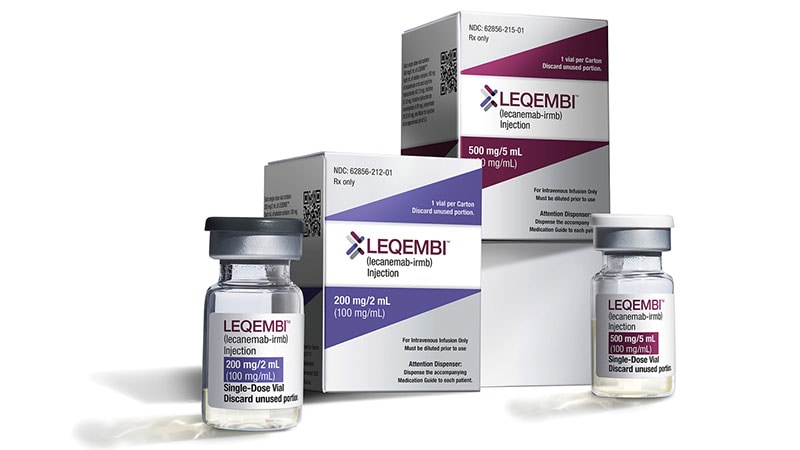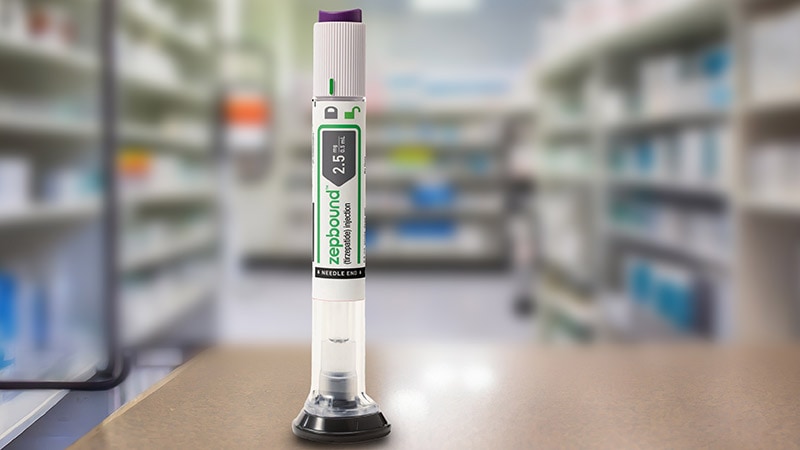At an April 25 meeting, the Committee for Medicinal Products for Human Use of the European Medicines Agency recommended marketing authorization for two biosimilar medicines: Tofidence, intended for the treatment of rheumatoid arthritis, COVID-19, polyarticular juvenile idiopathic arthritis, and systemic juvenile idiopathic arthritis; and Wezenla, intended for the treatment of plaque psoriasis, including pediatric plaque psoriasis, psoriatic arthritis, and Crohn's disease.
Tofidence
Tofidence (tocilizumab-bavi) is a biosimilar to its reference product, RoActemra (tocilizumab), which was authorized in the European Union in 2009.
In a phase 3, randomized equivalence study, with participants recruited at 54 centers across five countries (China, Ukraine, Poland, Georgia, and Bulgaria), Tofidence demonstrated equivalent efficacy, and comparable safety, immunogenicity, and pharmacokinetic profiles, as its reference.
Tofidence will be available as a 20 mg/mL concentrate for solution for infusion. Its active substance tocilizumab is a recombinant humanized anti-human interleukin-6 receptor monoclonal antibody of the IgG1 subclass, which inhibits both soluble and membrane-bound interleukin‑6 receptors implicated in inflammatory diseases.
In combination with methotrexate (MTX), it is indicated for the treatment of severe, active, and progressive rheumatoid arthritis (RA) in adults who have not previously received MTX therapy. It is also indicated as a MTX combination treatment for moderate– to– severe active RA in adult patients who have responded inadequately to prior treatment with one or more disease-modifying anti-rheumatic drugs (DMARDs) or tumor necrosis factor (TNF) antagonists. Additionally, it can be used as a monotherapy for patients who are intolerant to MTX or where continued MTX treatment is unsuitable.
Clinical evidence supports the effectiveness of Tofidence for reducing joint damage progression, as measured by x-ray, and improving physical function when administered with MTX.
Other indications for Tofidence:
- Treatment of COVID-19 in adults on systemic corticosteroids requiring supplemental oxygen or mechanical ventilation.
- Active systemic juvenile idiopathic arthritis in patients 2 years or older who responded inadequately to nonsteroidal anti-inflammatory drugs and systemic corticosteroids. Tocilizumab can be given as monotherapy or with MTX.
- Juvenile idiopathic polyarthritis (rheumatoid factor positive or negative and extended oligoarthritis) in patients 2 years or older who responded inadequately to MTX. Tocilizumab can be used as monotherapy or with MTX.
Wezenla
Wezenla has comparable quality, safety, and efficacy to its reference product Stelara (ustekinumab), which was authorized in the European Union in 2009.
Wezenla will be available as 45 mg and 90 mg solutions for injection and a 130 mg concentrate for solution for infusion.
Its active substance, ustekinumab, is a human IgG1κ monoclonal antibody that binds to the p40 protein subunit shared by interleukin (IL)-12 and IL-23, blocking their interaction with the IL– 12Rβ1 receptor protein on immune cells. This mechanism inhibits the Th1 and Th17 cytokine pathways central to the pathology of psoriasis, psoriatic arthritis, and Crohn's disease, thus exerting clinical effects in these conditions.
Wezenla is indicated for the treatment of moderate to severe plaque psoriasis in adults and children aged 6 years or older who have not responded to, are intolerant to, or have contraindications to other systemic therapies, including ciclosporin, MTX, or PUVA (psoralen and ultraviolet A).
In adults, Wezenla, alone or in combination with MTX, is also indicated for active psoriatic arthritis following inadequate response to previous nonbiological DMARD therapy.
Additionally, Wezenla is indicated for moderately to severely active Crohn's disease in people who have had an inadequate response to, lost response to, or were intolerant to conventional therapy or a TNF-alpha antagonist or have medical contraindications to such treatments.

.webp) 2 weeks ago
6
2 weeks ago
6



























 English (US)
English (US)